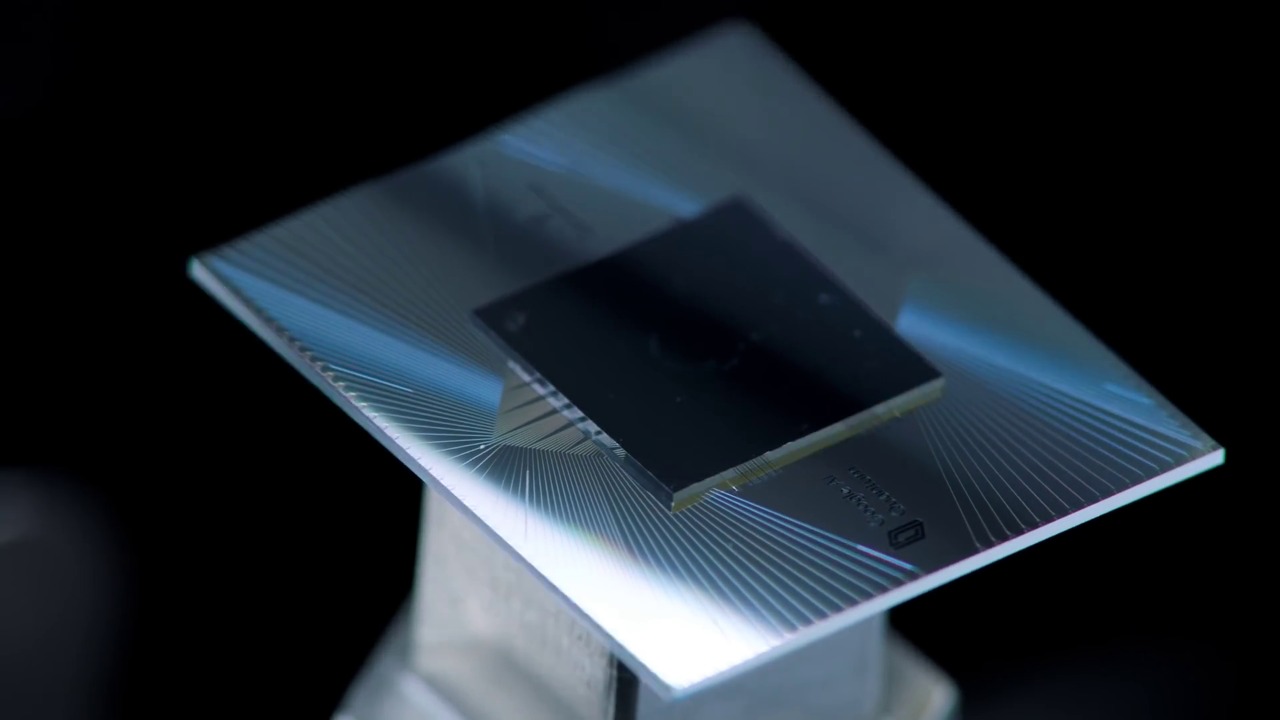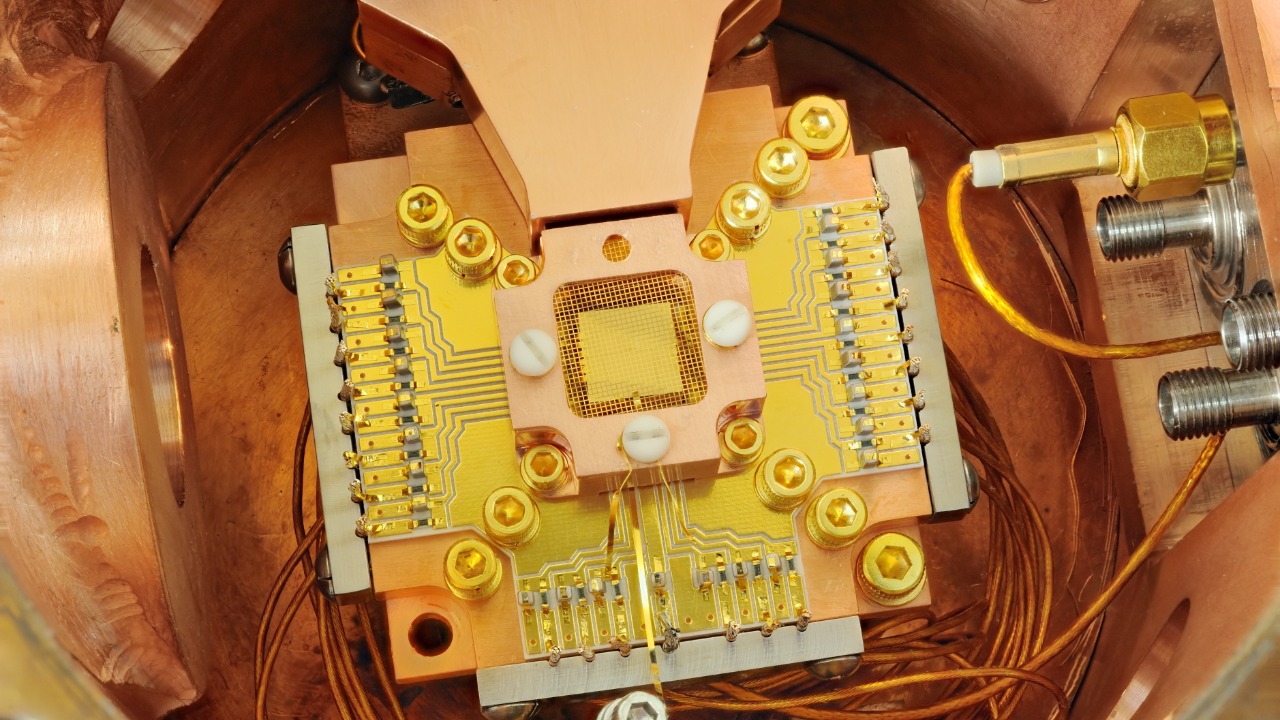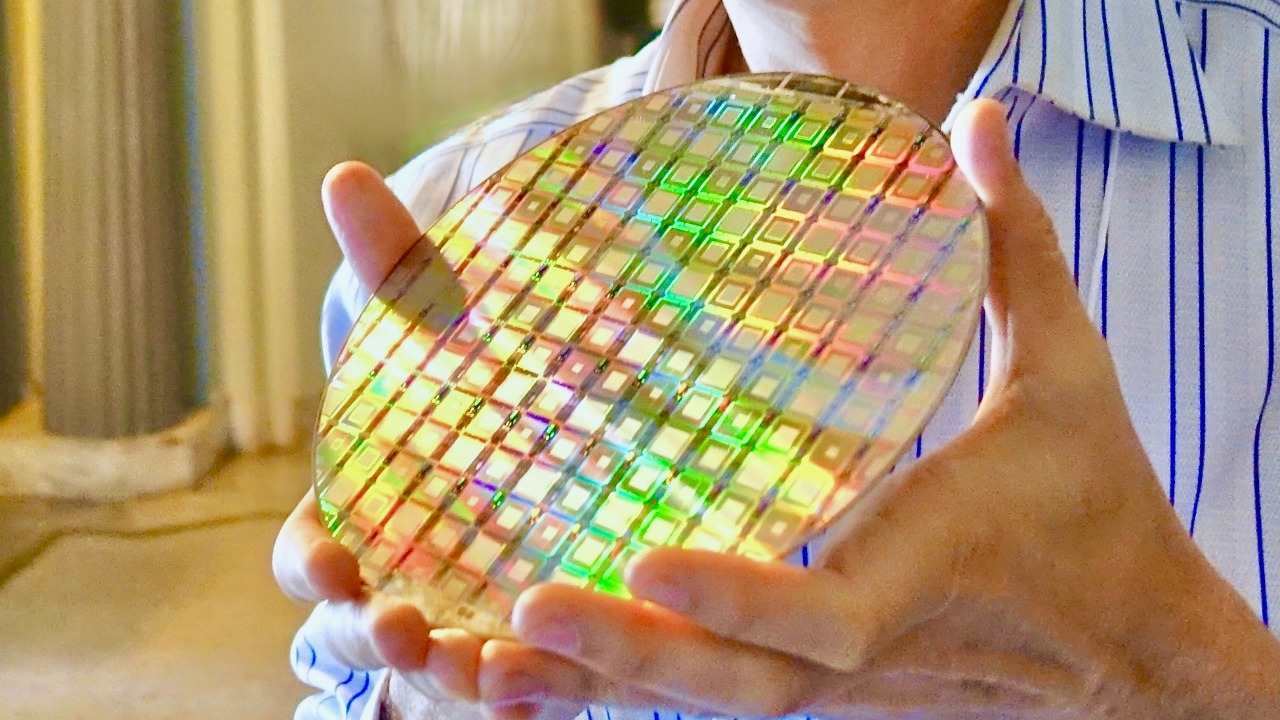
The rapid advancements in quantum computing have stirred discussions about its potential impact on daily technologies, including smartphones. As researchers strive to reach breakthroughs in quantum chip technology, the possibility of these chips replacing traditional smartphones looms on the horizon, promising to revolutionize the way we interact with digital devices.
The Science Behind Quantum Chips

Understanding Quantum Mechanics
Quantum mechanics, the underlying science of quantum computing, operates on principles that defy classical intuition. Concepts like superposition allow quantum bits, or qubits, to exist in multiple states simultaneously, vastly increasing computational possibilities. Another principle, entanglement, enables instantaneous connections between qubits, facilitating complex calculations that traditional computers struggle to achieve.
Quantum Chips vs. Traditional Chips
The operational differences between quantum chips and conventional silicon-based chips are stark. While traditional chips process information linearly, quantum chips leverage their unique properties to perform multiple calculations at once, offering unprecedented speed and efficiency. This leap in capability is akin to comparing a bicycle to a supersonic jet, highlighting the transformative potential of quantum technology.
Current Research and Development
Ongoing research efforts in quantum chip technology are crucial to their development. Institutions like the University of California are making significant contributions, pushing the boundaries of what’s possible. Breakthroughs in materials and qubit stability are paving the way for practical applications, bringing the idea of quantum-enhanced consumer devices closer to reality.
Potential Advantages Over Smartphones

Enhanced Processing Power
Quantum chips promise a significant increase in computational power, allowing for more complex applications and faster processing times. This enhancement could enable smartphones to perform tasks previously reserved for supercomputers, opening the door to innovations in fields like artificial intelligence and machine learning.
Increased Energy Efficiency
Beyond sheer power, quantum chips offer the potential for increased energy efficiency. Their ability to perform tasks more quickly means they consume less energy overall, a crucial benefit in a world increasingly focused on sustainability. This efficiency could extend battery life and reduce the environmental impact of digital devices.
Revolutionizing Data Security
Quantum encryption represents a game-changing advancement in data security. The principles of quantum mechanics make it possible to create encryption methods that are virtually unbreakable, offering unprecedented protection for personal data. This could address growing concerns about privacy and cybersecurity in the digital age.
Challenges and Limitations

Technical Hurdles
Despite their promise, quantum chips face significant technical challenges. High error rates and strict temperature requirements are among the most pressing issues, as qubits are notoriously fragile and sensitive to environmental changes. Solving these problems is essential for making quantum chips viable for consumer devices.
Scalability Issues
The potential of quantum chips is tempered by scalability challenges. Mass-producing these chips and integrating them into consumer technology at a viable cost remains a significant hurdle. Researchers and manufacturers must develop new methods to scale production while maintaining quality and affordability.
Regulatory and Ethical Concerns
As with any groundbreaking technology, quantum chips raise regulatory and ethical questions. The implications of widespread quantum technology use in personal devices could disrupt existing regulatory frameworks, necessitating new policies to protect consumers and ensure ethical use.
Impact on the Tech Industry

Disruption of the Smartphone Market
The introduction of quantum chips could disrupt the current smartphone market, prompting major tech companies to reevaluate their strategies. The speed and efficiency of quantum chips could render traditional technology obsolete, forcing companies to innovate or risk obsolescence.
Innovation in App Development
Quantum chip capabilities could lead to revolutionary new applications and services. Developers might create apps that leverage immense processing power, enabling experiences and functionalities previously thought impossible, further blurring the lines between science fiction and reality.
Future of Mobile Technology
The broader implications for mobile technology are profound. As quantum chips become more prevalent, the entire landscape of digital communication and interaction could shift, offering new possibilities and challenges. The potential for change is both exciting and daunting, promising a future where mobile technology is more powerful and integrated into daily life than ever before.
Public Perception and Adoption

Consumer Readiness
Public awareness and understanding of quantum technology are still in their infancy. Factors influencing consumer acceptance include education and exposure to the benefits and limitations of quantum chips. As interest grows, so too will the demand for quantum-enabled devices.
Market Entry Strategies
Companies planning to introduce quantum chip-enabled devices must develop strategic market entry strategies. Education and targeted marketing campaigns will be crucial in preparing consumers for the transition, addressing concerns, and highlighting the advantages of this new technology.
Cultural and Societal Impact
The shift to quantum technology in consumer devices could bring about significant societal changes. From altering communication habits to reshaping privacy expectations, the cultural impact of quantum chips will likely be profound. As we stand on the brink of this technological revolution, the potential for change is as thrilling as it is unpredictable.